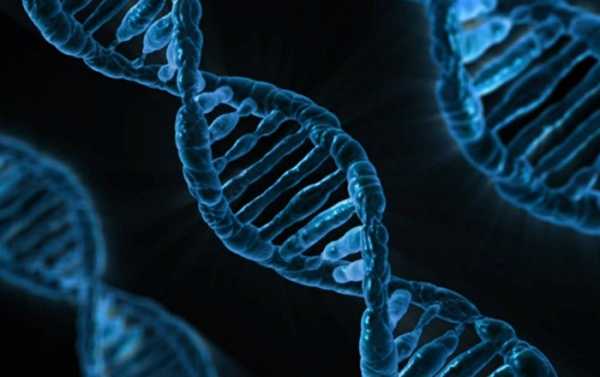
Scientists believe oxidative stress, or the imbalance between the production of free radicals and the body’s ability to counteract and detoxify or ‘neutralise’ their harmful effects with antioxidants, is one of the major triggers of chronic diseases including cancer and diabetes, as well as cardiovascular, neurological and pulmonary diseases.
Researchers from the University of Hong Kong in China have discovered what they believe is a link between the lack of sleep and nighttime wakefulness and damage to the structure of human DNA.
According to the scientists, whose findings were published in the Anesthesia academic journal, night shift work in particular is a major contributor to oxidative damage to DNA, which in turn contributes heavily to the risk of developing serious chronic diseases.
In a twist on traditional scientific practice, which typically uses lab animals or a volunteer-based control group, the authors of the study based their conclusions on the results of experiments they conducted on themselves and several dozen of their colleagues. In total, the study examined 49 healthy full-time doctors, average age between 28 and 33, who donated a sample of blood after three days of adequate sleep. Doctors who worked the night shift then had additional blood sampled the morning after, following acute sleep deprivation.
DNA damage, defined by the study as “a change in the basic structure of DNA that is not repaired when the DNA is replicated”, was found to be significantly higher among those working at night than that of colleagues working normal daytime hours. Furthermore, researchers found that when suffering from acute sleep deprivation, the body’s ability to regenerate from damage was severely affected.
“Double-strand breaks are particularly hazardous, as repair failure causes genomic instability and cell death, whereas disrepair can lead to inappropriate end-joining events that commonly underlie oncogenic [i.e. tumor-forming, ed.] transformation,” the study warned.
On the whole, doctors working overnight shifts demonstrated a 30 percent higher chance of DNA breaks, with acute sleep deprivation for as little as one night increasing DNA damage by up to another 25 percent.
“This study demonstrates that disrupted sleep is associated with DNA damage. Furthermore, larger prospective studies looking at relationships between DNA damage and chronic disease development are warranted, and methods to relieve, or repair, DNA damage linked to sleep deprivation should be investigated,” the study’s summary noted.
Sourse: sputniknews.com






